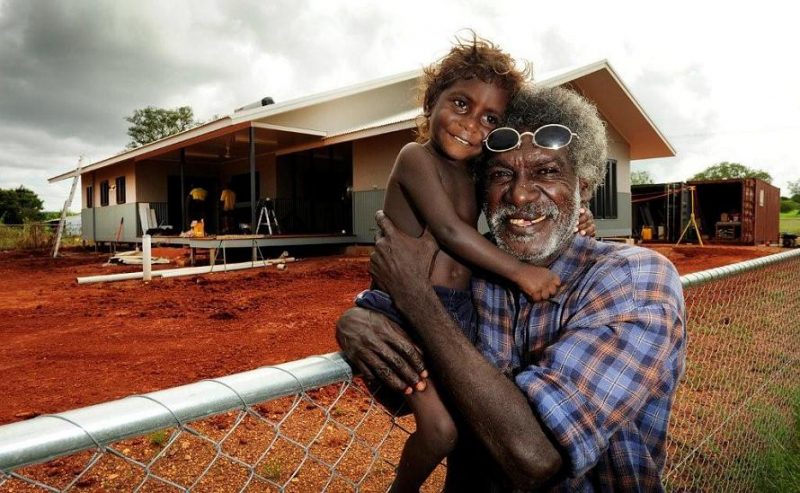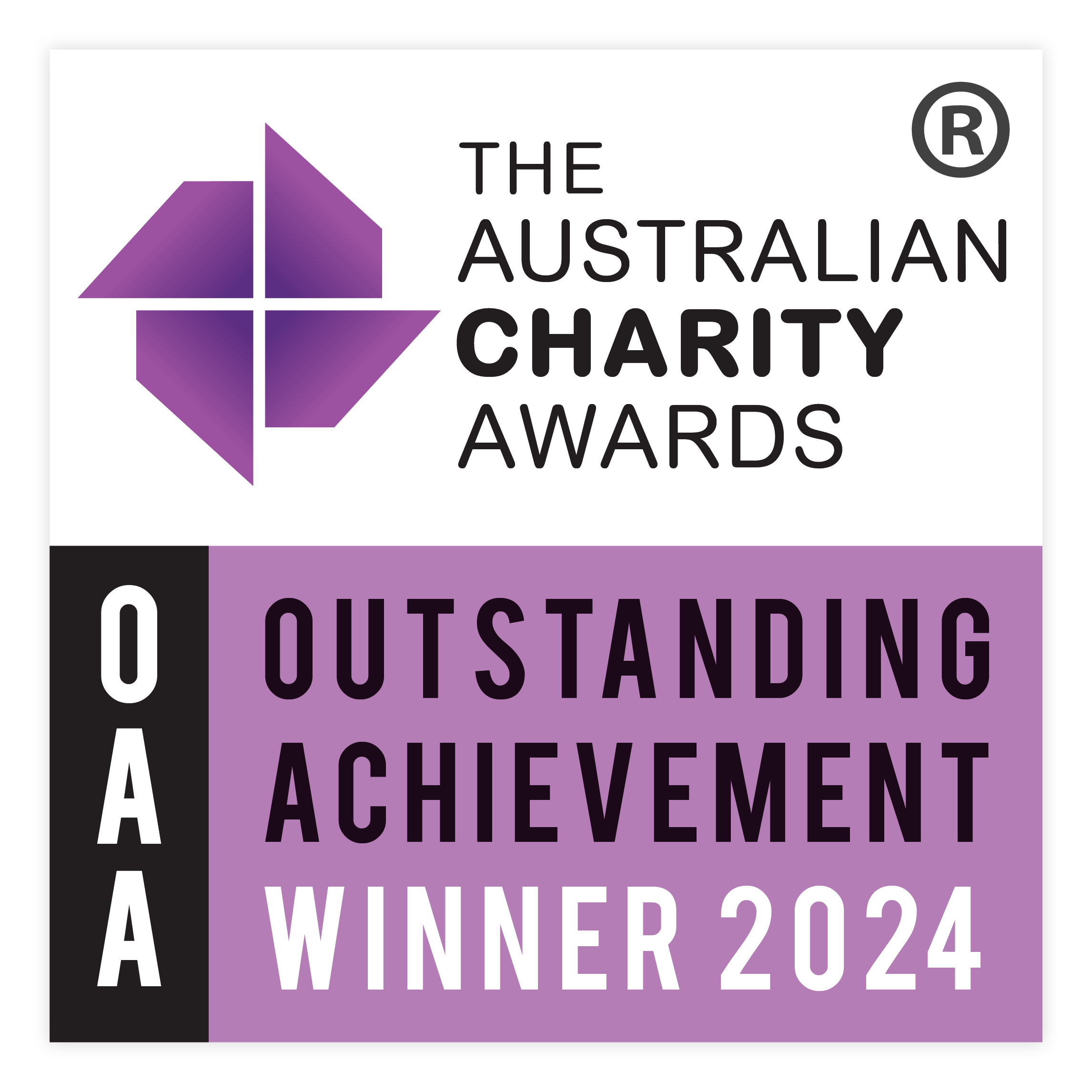
This February will mark 10 years since Kevin Rudd stood on the parliament floor and said ‘sorry’ to the stolen generations. It was a rare moment and the nation seemed poised to genuinely move towards reconciliation.
Sadly, in the 10 years that have passed, not a lot has changed.
Aboriginal and Torres Strait Islanders make up 23% percent of the homeless persons, but represent 3% of the population. Seventy-five percent of Indigenous homeless people live in severely overcrowded dwellings – which is considered as a form of homelessness.
Housing impacts every one of the Closing the Gap targets – on health, education, and employment. A home is not just a fundamental right, it is essential to our health and wellbeing.
Lack of housing means many generations live under the same roof, with Uncles and Aunties sleeping cheek and jowl with children on floors, and makeshift bedrooms under verandahs. It is not just an inconvenience – overcrowding has a clear link to family violence, poor health outcomes, kids performance at school and rates of removal by children protection.
The centrality of housing to Closing the Gap is recognised by Indigenous leaders, who have called for housing justice to be included in the targets.
One piece of the puzzle is the National Partnership on Remote Housing. The Partnership is a $5.4b ten-year funding agreement between the Commonwealth and states and territories. A recent review found ‘clear evidence’ that investment in housing has been of poor quality, and failed to engage communities in the process.
Robert Cooper from the Larrakia Nation in the NT has been working in the housing space for over a decade and would like to see the issues of overcrowding addressed by giving more ownership to the community –
“In Cape York some years back, we lobbied to get delivery out of Federal and State government hands, and into the hands of indigenous people themselves. It took 18 months of lobbying, but has been highly successful.”
With the Remote Housing Partnership sitting in limbo, Robert is still trying to win the ear of the pollies and policy boffins – “It needs to be driven by the grassroots. It’s not rocket science.”
Larrakia Nation’s responses to homelessness in Darwin have won National Homelessness Sector Awards for their programs, which include outreach, advocacy and cultural preservation. “Larrakia people have the respect of other communities, and can connect with their experiences and needs.”
With funds provided by our StreetFunders this month, Larrakia will be able to branch out further and provide swags, more accommodation vouchers and provide for other basic needs.
Larrakia Nation is a critical support for people without a place to live in Darwin, but Robert still has his eye fixed on the big picture solutions for indigenous communities across the NT –
“We are continuing to lobby government to develop solutions from the ground up. It comes back to the basic issue – that if you assume the same thing for all indigenous people you won’t get an appropriate response.”
As the nation marks the anniversary of the Apology to Stolen Generations, we are determined to do more than pay empty tribute. We cannot ignore the ongoing inter-generational trauma the nations First People continue to experience. Healing starts not with words, but with action, and a safe, secure place to call home.
If you would like to support Larrakia Nation, you can donate to our StreetFunder campaign here. You can learn more about their work by following them on Facebook.
Want to learn more? Here are some great resources from around the web…
The National Partnership on Remote Housing
Australian Institute for Health and Welfare and Homelessness Australia (homelessness among Indigenous Australians)








